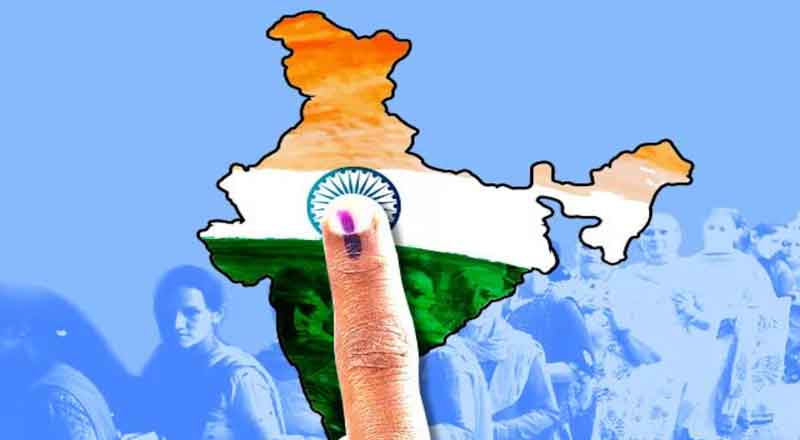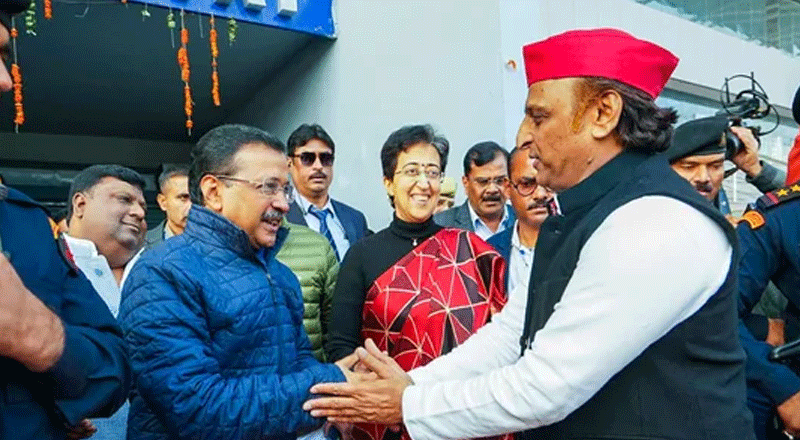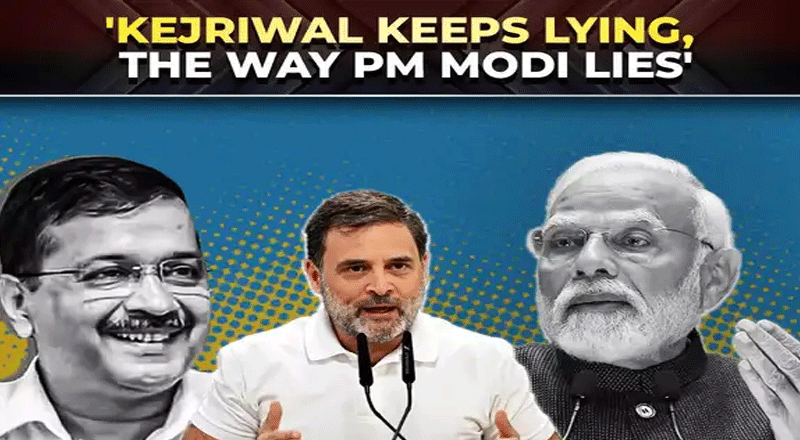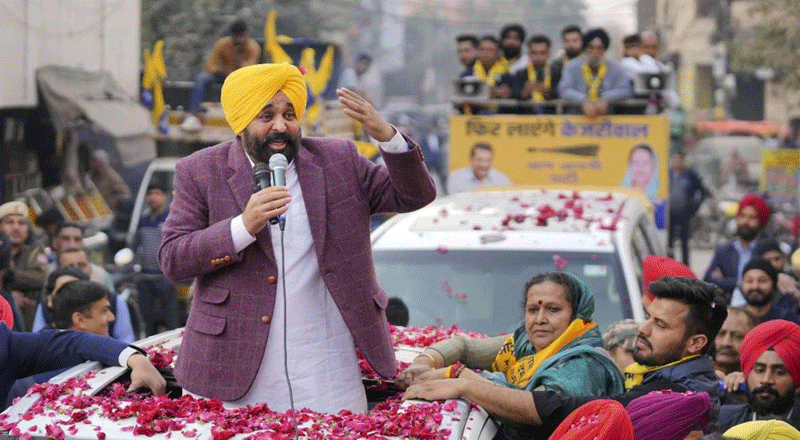- The EC has embarked on a sweeping reform agenda, marked by the removal of six Home Secretaries and the transfer of a top-ranking police official in West Bengal.
- This proactive step, following the declaration of the MCC, underscores the EC’s commitment to fostering a fair and transparent electoral environment.
- The EC’s directive mandates the removal of Home Secretaries from several states, including Gujarat, Bihar, and Uttar Pradesh.
- It reflects the EC’s proactive approach to address concerns surrounding administrative neutrality and the integrity of the electoral apparatus.
- The changes extend beyond Home Secretaries and encompass senior officials associated with the offices of the Chief Ministers in Jharkhand, Himachal Pradesh, and Uttarakhand, as well as those in Mizoram and Himachal Pradesh.
- The decision to transfer the DGP in West Bengal has elicited keen interest, particularly given the state’s tumultuous electoral history.
In a strategic move to fortify the electoral process and ensure administrative impartiality, the Election Commission (EC) has embarked on a sweeping reform agenda, marked by the removal of six Home Secretaries and the transfer of a top-ranking police official in West Bengal. This proactive step, following the declaration of the Model Code of Conduct (MCC), underscores the EC’s commitment to fostering a fair and transparent electoral environment.
The EC’s directive, issued on Monday afternoon, mandates the removal of Home Secretaries from several states, including Gujarat, Bihar, and Uttar Pradesh. Additionally, the EC has ordered the transfer of the Director-General of Police (DGP) in West Bengal, a state marred by instances of poll-related violence in recent electoral cycles. Notably, the EC has stipulated that a shortlist of potential replacements be submitted promptly, underscoring the urgency of the reforms.
This administrative reshuffle, while not unprecedented, assumes heightened significance given its timing, occurring less than a month before the commencement of the 2024 Lok Sabha elections. With voting scheduled to begin on April 19 and span seven phases until June 1, the EC’s swift action sets the stage for a robust electoral process characterized by integrity and fairness.
The decision to overhaul key bureaucratic positions comes on the heels of a thorough deliberation by the EC’s leadership, including Chief Election Commissioner Rajiv Kumar and his associates. It reflects the EC’s proactive approach to address concerns surrounding administrative neutrality and the integrity of the electoral apparatus.
The personnel changes extend beyond Home Secretaries and encompass senior officials associated with the offices of the Chief Ministers in Jharkhand, Himachal Pradesh, and Uttarakhand, as well as those in Mizoram and Himachal Pradesh. Furthermore, the removal of Iqbal Singh Chahal, Commissioner of the Brihanmumbai Municipal Corporation, and other officials in Maharashtra underscores the EC’s unwavering commitment to upholding electoral integrity nationwide.
The decision to transfer the DGP in West Bengal has elicited keen interest, particularly given the state’s tumultuous electoral history. With concerns over poll-related violence looming large, the EC’s intervention aims to restore confidence in the electoral process and ensure the safety and security of voters and candidates alike.
While the ruling Trinamool Congress has yet to respond to the transfer of DGP Rajiv Malik, past criticisms of last-minute bureaucratic reshuffles highlight the delicate balance between administrative continuity and electoral preparedness.
As the nation gears up for yet another electoral showdown, the EC’s reformist zeal serves as a testament to its pivotal role in safeguarding the democratic fabric of the country. With a steadfast focus on neutrality, accountability, and transparency, the EC endeavors to set new benchmarks for electoral governance, paving the way for a more inclusive and participatory democracy.
(With inputs from agencies)





